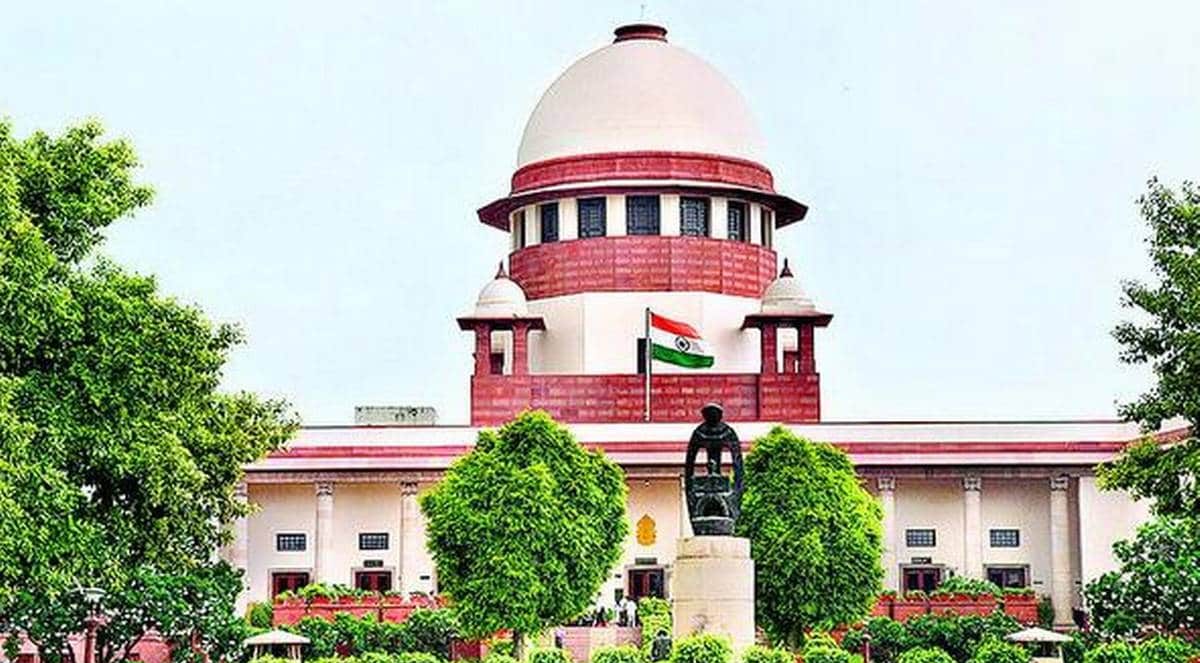- The nation in general and the citizens, in particular, look up to the judiciary, especially the higher echelons, to not only deliver relief to the aggrieved litigants in a time-bound manner but also expect no more trudging to the portals of justice again. Unfortunately, the scenario in the country is far from ideal for the common citizens hoping to receive relief from the labyrinthine procedures bogging the judiciary. Cannot blame the majority of the people for forming an opinion that the highest court of the country, the Supreme Court alone would be the last resort to come to their aid. Due credit should be accorded to the SC for largely fulfilling the expectations.

PC: Tilak Marg
- As you are aware, twice this week, the Supreme Court had to step in after finding serious fault with high courts failing to uphold judicial discipline while pronouncing orders. As reported, a Rajasthan high court bench granted bail to a history-sheeter accused of raping his minor niece without specifying any reasons. An Allahabad high court bench summarily ordered acquittal in a murder case but gave the reasoned judgment a staggering five months later. An unpardonable delay that goes against the tenet of speedy delivery of justice. Such instances are dime a dozen and the common citizens are always at the receiving end of the injustice, you see.
- In 2020, SC had spotted a nine-month gap by a Bombay high court bench and a ten-month gap by a Delhi high court judge between the operative order and reasoned judgment. Invested with the all-important function of superintendence of around 20,000 subordinate judicial officers, high courts need to be setting the bar high, not lower as has been seen of late. Further, on the Rajasthan high court judge’s modus operandi, the Chief Justice of India said the order was cryptic, with no suggestion of application of mind. He noted a recent trend of passing bail orders where a general observation that facts and circumstances have been considered supplanted specific reasoning.

PC: PTI
- Understandably, judges carry the burden of not only doing justice but also ensuring that justice is seen to be done. Here, the high court ignored circumstances like the alleged rapist facing around 20 other criminal cases. Mind you, a reasoned order also helps appellate courts save judicial time and decide appeals faster. Here, Allahabad high court’s failure to give a prompt reasoned order forced SC to order a fresh hearing. Consequently, the case lodged in 2009, convicted by a trial court in 2012, and acquitted in 2019 must be re-heard by Allahabad high court, sinking under the weight of 1.83 lakh pending criminal appeals with wait times as long as mind-numbing 35 years.
- Besides the above, poor quality of justice delivery at various levels has found no satisfactory solutions yet. Reformist measures like the quashed National Judicial Appointments Commission to replace the collegium system that critics blame for furthering mediocrity and nepotism had aimed to identify better judges. At the subordinate judiciary level, proposals like All India Judicial Services or a national district judges recruitment examination have made no headway. While the SC will be able to spot and rectify a few bad judgments courtesy of resourceful litigants, it must be the case that many bad orders are going unappealed. This dysfunctionality must be addressed.






